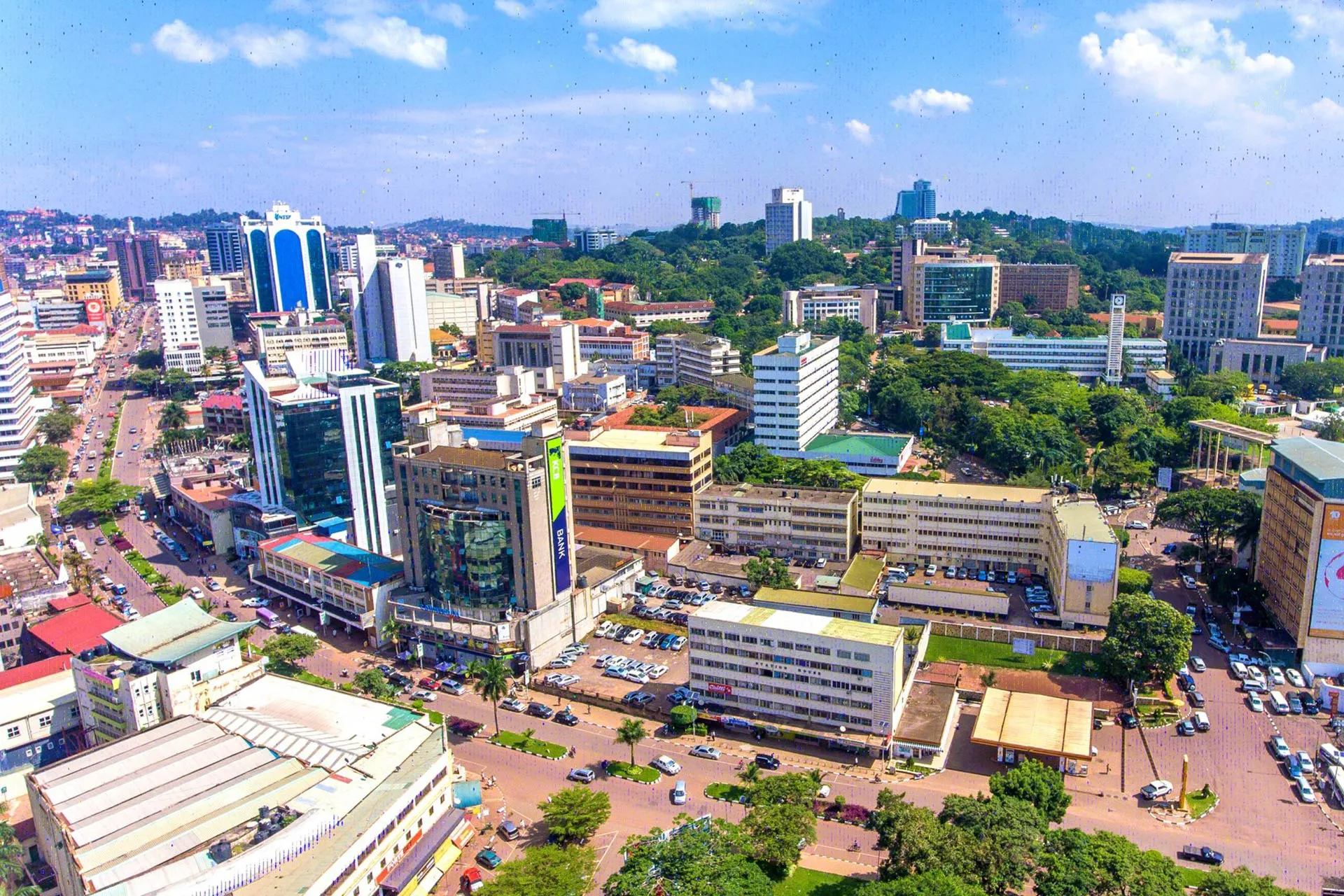
Kampala City, the bustling capital of Uganda, is a place of contrasts—where history meets modernity, tradition blends with innovation, and vibrant energy fills every street. Perched on a series of hills and overlooking the shimmering waters of Lake Victoria, Kampala is the perfect gateway to explore Uganda’s culture, lifestyle, and urban adventures.
A Glimpse into Kampala’s History
The name “Kampala” originates from the Luganda phrase Akasozi k’empala, meaning “Hill of Antelopes.” Once a hunting ground for the Kabaka (king) of Buganda, the area was dotted with roaming impalas. In the late 19th century, the British established a fort on Old Kampala hill, laying the foundation for the modern city.
Since independence in 1962, Kampala has grown into Uganda’s political, economic, and cultural heart, attracting residents and visitors from across the region
The Geography: City of Many Hills
Traditionally, Kampala was known as the city of seven hills, but today it spans over 20, each with its own character:
-
Old Kampala – Historical hill with Gaddafi National Mosque
-
Namirembe Hill – Uganda’s oldest Anglican cathedral
-
Rubaga Hill – Magnificent Rubaga Cathedral
-
Nakasero Hill – Upscale business district with luxury residences
-
Kololo Hill – Diplomatic zone with fine restaurants and embassies
-
Mengo Hill – Seat of the Buganda Kingdom
-
Makerere Hill – Home to Makerere University, one of Africa’s oldest universities
Culture and People
Kampala is a melting pot of cultures. While predominantly inhabited by the Baganda, the city hosts people from across Uganda and neighboring countries. This diversity shows in languages, food, music, and fashion.
-
Languages: Luganda and English are widely spoken.
-
Music: From Afrobeat to gospel, reggae to traditional drumming.
-
Fashion: Trendy African prints mixed with modern streetwear dominate the streets.
Must-See Landmarks
-
Uganda Museum: East Africa’s oldest museum with cultural and historical artifacts
-
Kasubi Tombs: UNESCO World Heritage Site, burial grounds of Buganda kings
-
Gaddafi National Mosque: Offers panoramic city views
-
Kabaka’s Palace & Bulange: Key symbols of the Buganda Kingdom
-
Independence Monument: Commemorates Uganda’s independence from Britain
-
Baháʼí Temple: Africa’s only Baháʼí House of Worship
Food Scene
Kampala’s culinary offerings are as diverse as its people:
-
Rolex: Rolled eggs and vegetables in chapati—a street food favorite
-
Luwombo: Traditional Buganda dish cooked in banana leaves
-
Matooke: Steamed green bananas often served with meat or peanut sauce
-
Nsenene: Seasonal grasshopper delicacy
-
Nyama Choma: Grilled meat, typically goat, paired with cold beer
Nightlife
Kampala’s nightlife is energetic and eclectic:
-
Sky Lounge (Kololo): Rooftop views and cocktails
-
Silk Club & Guvnor: Popular party spots
-
Nexus Lounge & Coco Lounge: Favorites for the younger crowd
Transport
Getting around Kampala can be an adventure:
-
Boda bodas: Fast motorcycle taxis (exercise caution)
-
Matatus: Budget-friendly shared taxis
-
Uber/Bolt/SafeBoda: Safer and convenient ride options
-
Private taxis: Common near hotels and business centers
Challenges and Growth
Kampala faces urban challenges such as traffic congestion, flooding, urban sprawl, and waste management. Yet, the city is evolving with smart city initiatives, technology hubs, and new commercial developments improving infrastructure and public services.
Final Thoughts
Kampala is more than just Uganda’s capital—it’s a city alive with history, culture, and modern energy. From savoring a street-side Rolex to exploring historic hills, dancing the night away, or enjoying panoramic views, Kampala promises a memorable urban adventure full of warmth, rhythm, and resilience.



